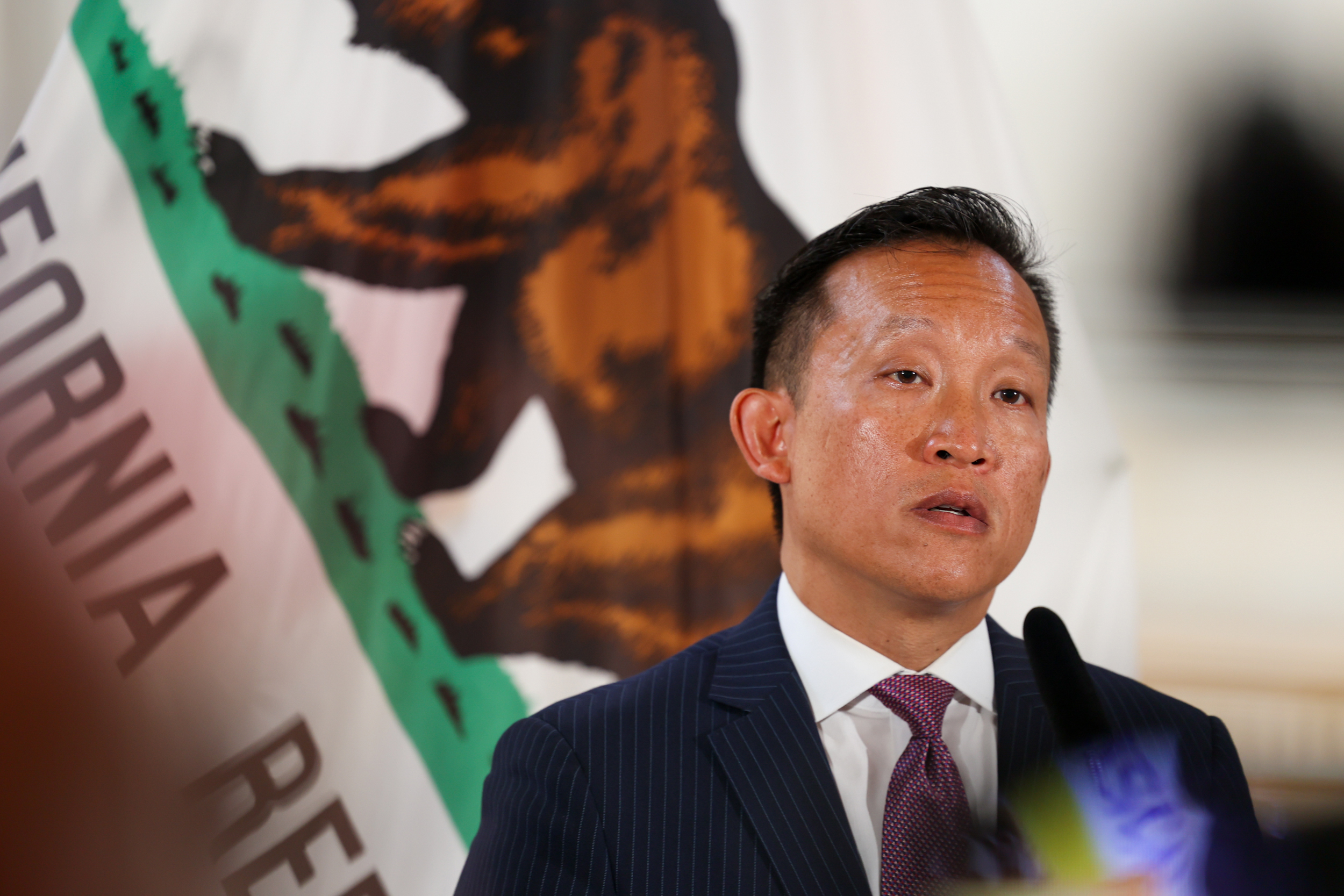San Francisco officials said this week that the city will permit nonprofits to operate sites for supervised drug use. But a potential conflict is brewing over whether money from a legal settlement can be used to fund the sites, which are prohibited under federal law.
The city is expecting to receive over $120 million in funding from a lawsuit that finished in August, which alleged that the pharmaceutical companies AbbVie, Endo, Teva and Walgreens acted with negligence in facilitating the drug crisis on the streets of San Francisco.
Supervisor Hillary Ronen, who worked out a deal with Mayor London Breed to remove permitting barriers for the drug sites, called for using those settlement funds as a way to absolve the city from directly funding the facilities against federal law. Other members of the board agreed—in spite of warnings that doing so could put the city at legal risk—or said it was the first they’d heard of a restriction in using the settlement funds.
“That complicates things,” Supervisor Matt Dorsey said. “It would have been a really elegant solution.”
The City Attorney’s Office said that because the settlement funds go into the public coffers, they cannot be used to fund the sites. Breed has supported a version of New York City’s safe-consumption sites, which are operated by a nonprofit using private donations—though the city funds other services offered within the same building.
“To the extent opioid settlement funds are paid to the city, they are city dollars, regardless of the source. They are not distinguishable from any other city funding in this context,” said Jen Kwart, a spokesperson for the city attorney.
In an interview on Friday, Ronen accused the city attorney of effectively blocking safe-consumption sites with his determination that settlement funds shouldn’t be used.
“That’s really disappointing; it feels to me like the city attorney is talking out of both sides of his mouth,” Ronen said.
The cost of running 28 drug consumption booths five days a week at two sites in New York City comes out to $1.4 million a year, according to Sam Rivera, executive director of the nonprofit OnPoint NYC, which runs the sites. But the sites in New York are at risk of shutting down as their private funding runs dry, Rivera said.
Rivera estimated that to run the two New York City sites 24/7, the cost would come out to $4.3 million a year.
“The momentum is great. But in terms of another obstacle for us is, it’s going to be the funding,” said Gary McCoy, vice president of policy and public affairs for the nonprofit HealthRight 360.
HealthRight 360 is one of at least three San Francisco nonprofits seeking to open safe-consumption sites. The Gubbio Project, a nonprofit that provides shelter and resources for homeless people, has said that it’s capable of opening a safe-consumption site at a church in the Mission neighborhood. The SF AIDS Foundation also has a proposal to open a safe-consumption site at 444 Sixth St., according to public records viewed by The Standard.
McCoy is among those pushing for the city to allocate funding from the opioid settlement to a private foundation that can then distribute the funds for consumption sites.
“An overdose prevention site is almost exactly what that funding those settlement dollars are for,” McCoy said. “I don’t see why we would not be able to use those funds.”
Many drug policy experts see the consumption sites as an essential piece of a cohesive plan to abate drug deaths. The city operated a site called the Tenderloin Center for 11 months last year, reversing over 300 overdoses during its tenure.
But the Tenderloin Center closed in December without an imitable replacement amid controversy over client outcomes and the center’s impact on the surrounding neighborhood. The site cost the city $22 million last year.
Supervisor Rafael Mandelman said that he’s not concerned about the legal risks of opening a safe-consumption site and would support using the settlement funds to do so. But he added that the city should use most of the money on other interventions.
“Nurses in private hospitals are being assaulted by the people who are being brought to the emergency rooms, because we don’t have a place to bring people who are psychotic and intoxicated,” Mandelman said.
“I just want to make sure that we’re doing the other stuff that I see us failing to do, and about which I’m far more agitated,” he said.
Editor’s note: This post has been updated to remove a sentence regarding the position of the City Attorney’s Office on this issue.
